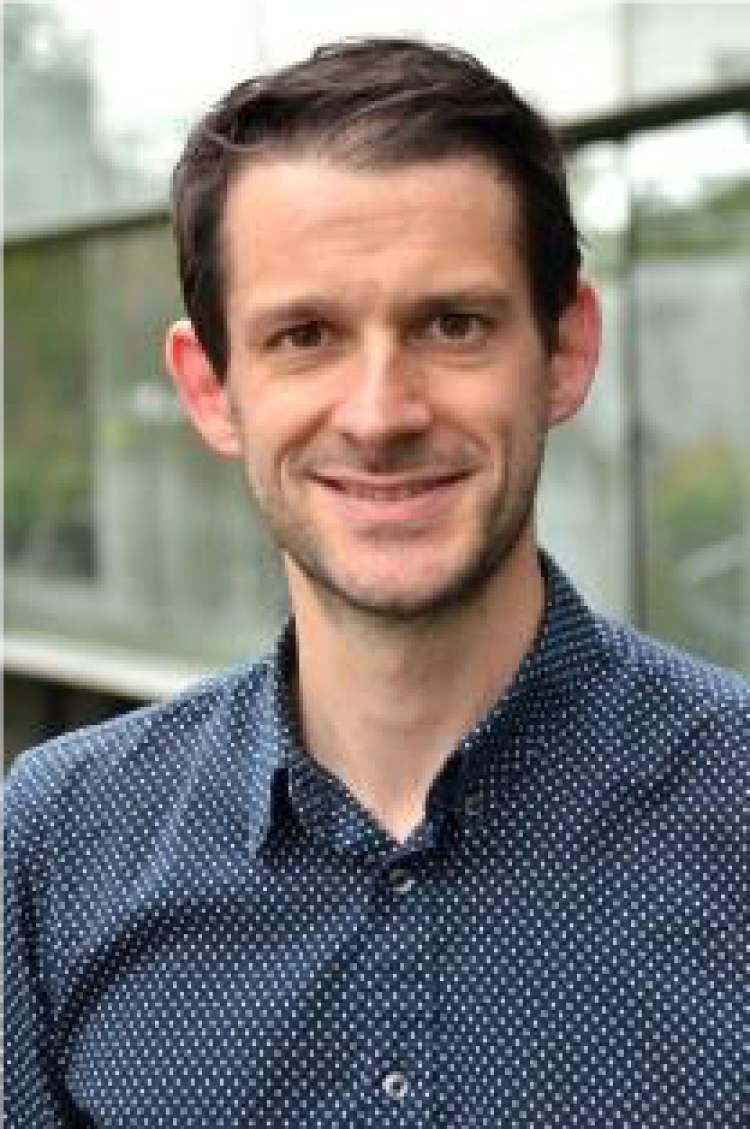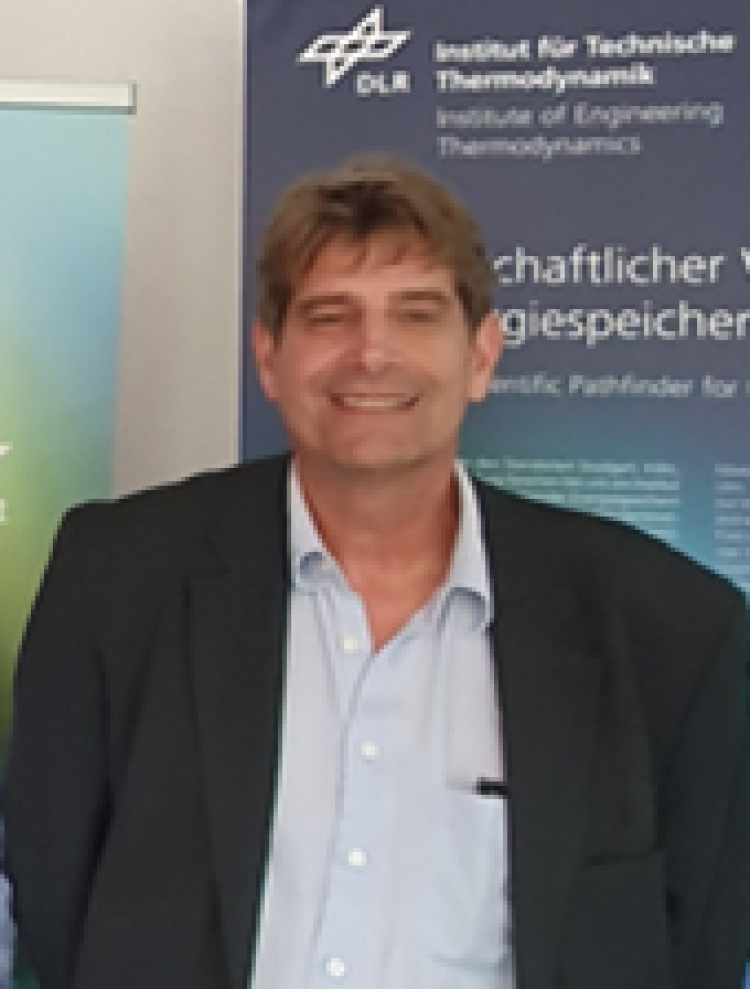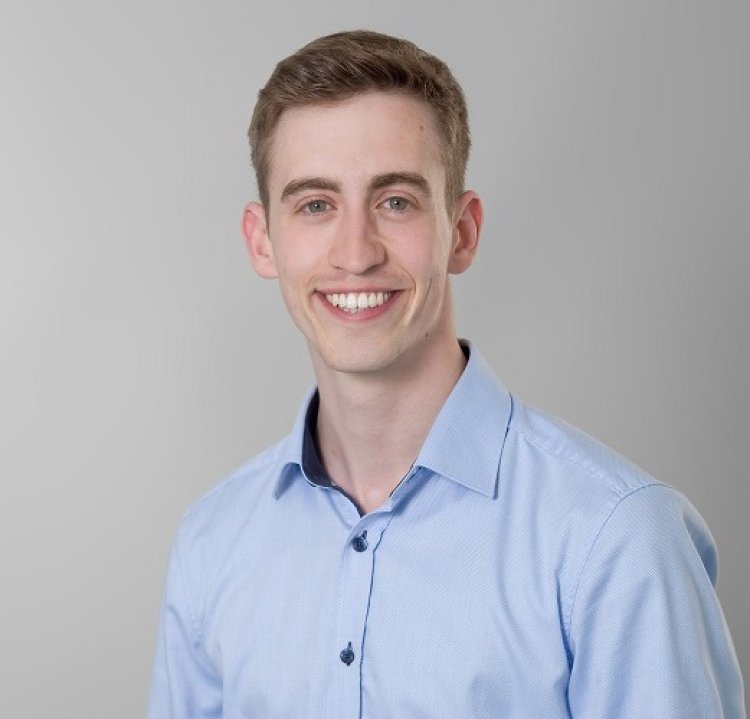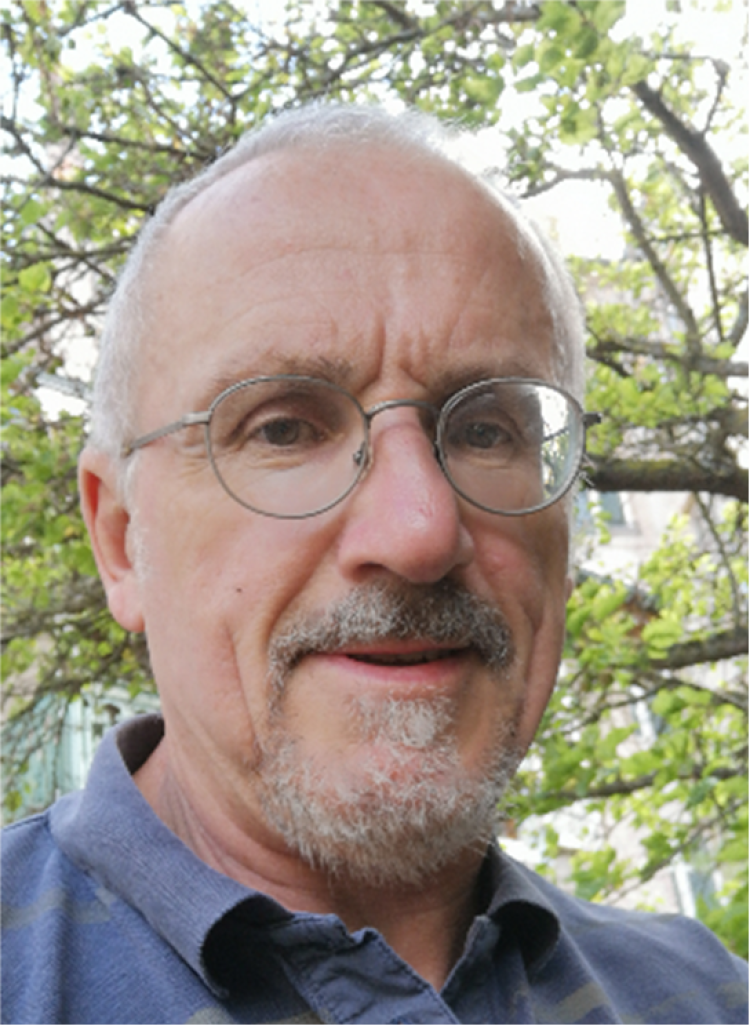
Prof. Aimy Bazylak is a Full Professor of Mechanical Engineering at the University of Toronto, where she is the Canada Research Chair (Tier 1) in Clean Energy and a Helmholtz International Fellow (Germany). Her research is focused on understanding multiphase and microscale transport processes involved in electrochemical energy technologies, such as polymer electrolyte membrane fuel cells and electrolyzers. She performs real-time imaging on operating polymer electrolyte membrane fuel cells and electrolyzers using synchrotron X-ray radiography and neutron imaging.

Julien Durst. After a master degree in electrochemistry and material science, I completed my training with a PhD at CNRS / LEPMI on the degradation of Pt-based cathode catalysts used in PEMFC for stationary applications. This first experience gave me a taste for applied academic research and electrochemical energy conversion and storage systems. I carried on this research at the University of Munich (TUM) in the research group Prof. H. Gasteiger working on improving membrane electrode assemblies (MEAs) for automotive applications, and at the Paul Scherrer Institute on CO2 electrolysis. During this academic experience, I co-wrote 25 peer-reviewed publications (> 3000 citations) and 1 patent. After a first industrial experience as an electrochemical R&D engineer for Saint-Gobain Research Paris, I joined Axane, the Air Liquide’s fuel cell subsidiary, as project manager and technical expert for the development of PEMFC stacks for automotive markets. I also participated in various H2 projects (production, storage, liquefaction) on Air Liquide's strategic roadmap. Since 2022, I am leading the “MEA Design” group at SYMBIO which focuses on selecting components - catalyst/ionomer/membrane/GDL – to make the most efficient and durable MEAs

ORCID iD: http://orcid.org/0000-0002-2968-5029
Dr. K. Andreas Friedrich is a Professor of Mechanical Engineering at University of Stuttgart and the Head of the Electrochemical Energy Technology Department at the German Aerospace Center (DLR) in Stuttgart, Germany.
His research areas are electrochemical energy conversion and storage, in particular polymer electrolyte membrane (PEM) and solid oxide (SOC) fuel cells and electrolysis, advanced Li and Mg batteries, and system design. Dr. Friedrich has authored and coauthored about 300 peer reviewed papers and h-index of 50. He received the Fischer medal (Dechema) in 2009 and the Ertl prize 2014 for his scientific work. The activities of the group have received the f-cell Award in Silver 2016 for electrolysis components, the Clean Tech Media Award 2012 (Aviation) and the f-cell Award in Silver 2008 (DLR with Airbus).

Matthias Kornherr studied chemical engineering and obtained his B.Sc and M.Sc in 2017 and 2019 from the Technical University of Munich (TUM).
During his master studies he performed a research internship at the Massachusetts Institute of Technology (MIT). Since the end of 2019, he has been a Ph.D. student under the supervision of Prof. Hubert Gasteiger at the Chair of Technical Electrochemistry at TUM.
His work focuses on the investigation and optimization of membrane electrode assemblies of PEM water electrolyzers in order to reduce the Iridium loading and better understand occurring degradation phenomena during operation..

Francois Lapicque is a CNRS research professor in chemical engineering in Nancy, France (CNRS - University of Lorraine), more particularly on electrochemical processes for energy conversion and resource beneficiation. In the domain of energy conversion, F. Lapicque’s small group in Nancy (Dr. Caroline Bonnet, Prof. Stéphane Raël) has been active in fuel cell (FC) technology, with special interest in degradation phenomena of FC components, and solutions to improve their durability and efficiency. For FC durability and efficiency aspect, collaborations with colleagues specialist in material scientists allowed successful joined projects in various programmes. Year-long collaborations with German research centres (R. Bosch) for development of solid oxide fuel cell system for stationary applications, or more recently with Offenburg Univ. in the development of a novel spectroscopic technique for precise investigation of mass transfer phenomena in membrane fuel cells. Last but not least, the group has been working for a few years on hybrid sources formed by direct hybridisation of a fuel cell to storage elements e.g. supercapacitors for little energy demanding automobile transport in suburban areas, with undersized fuel cells, lower costs and hydrogen consumption.





